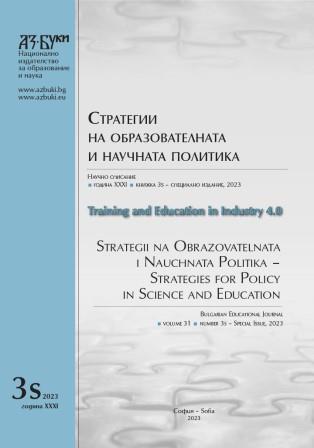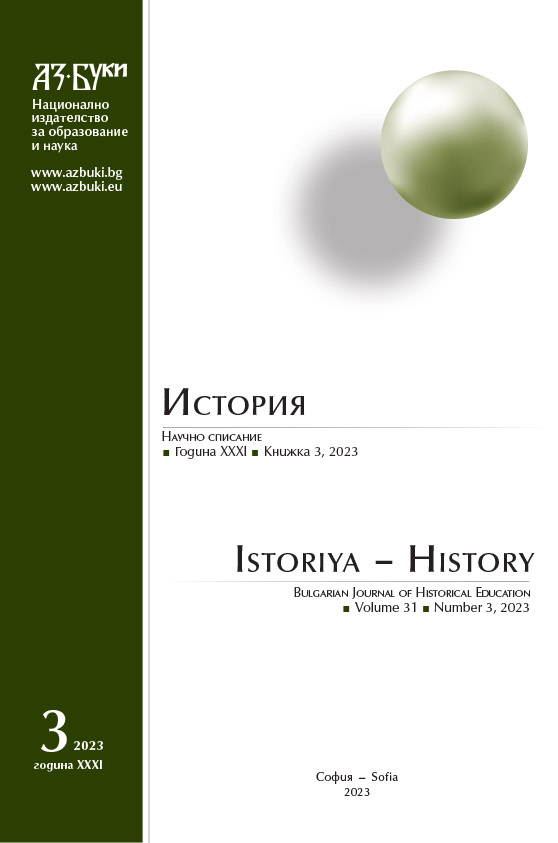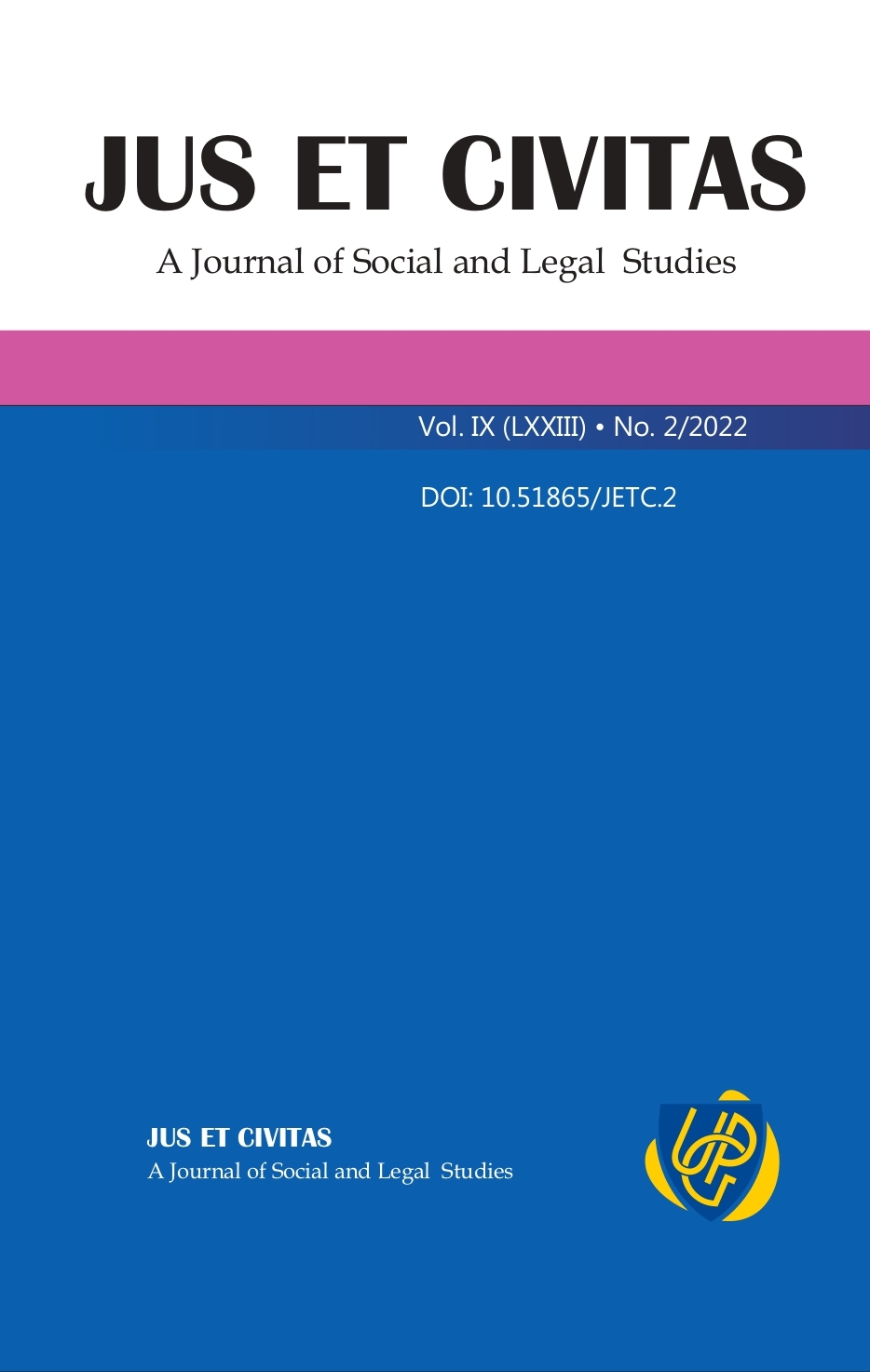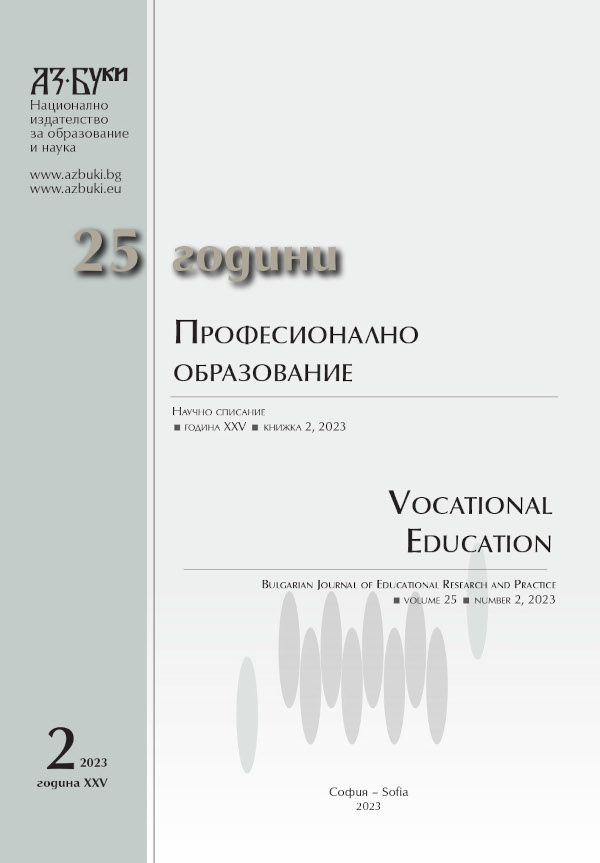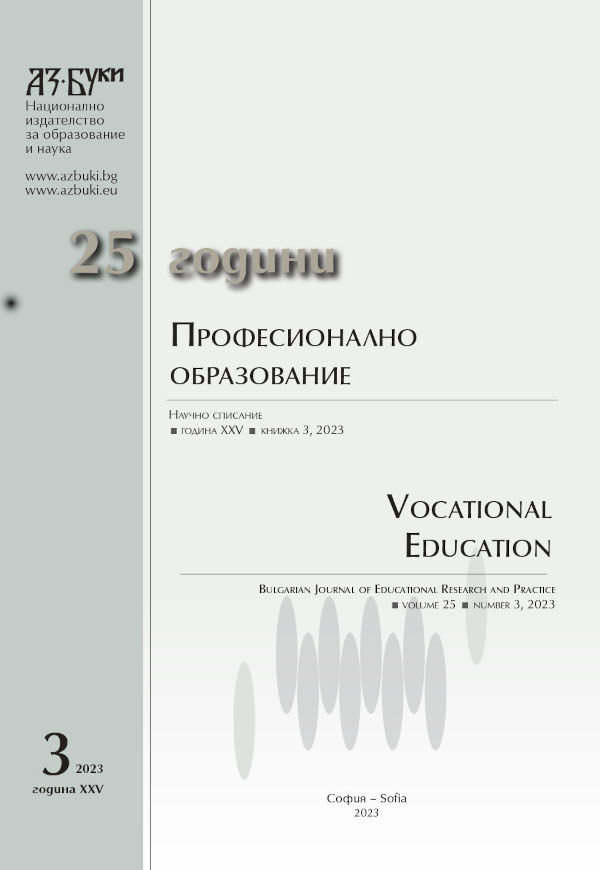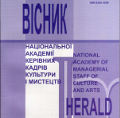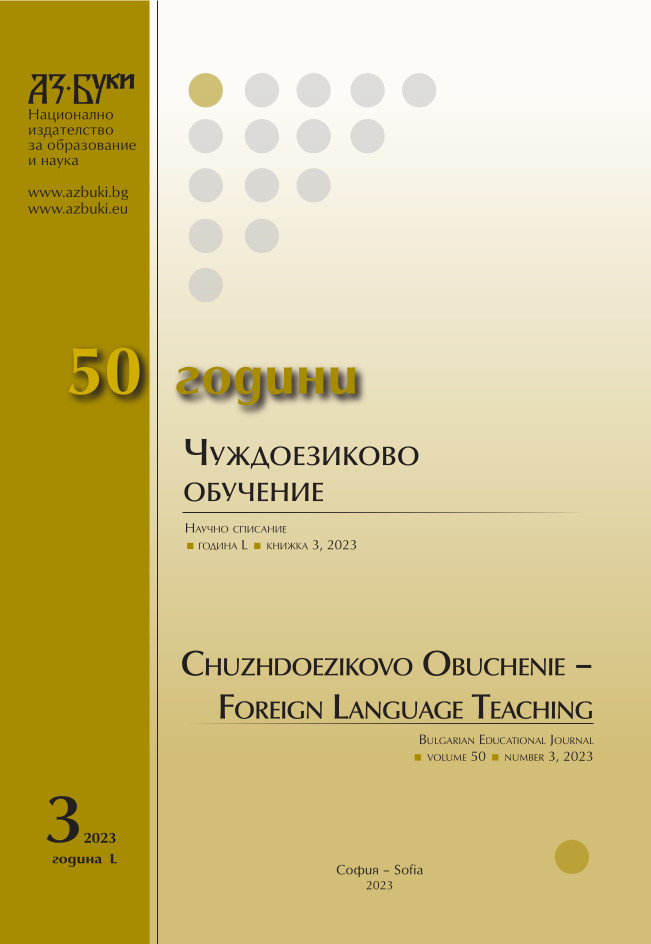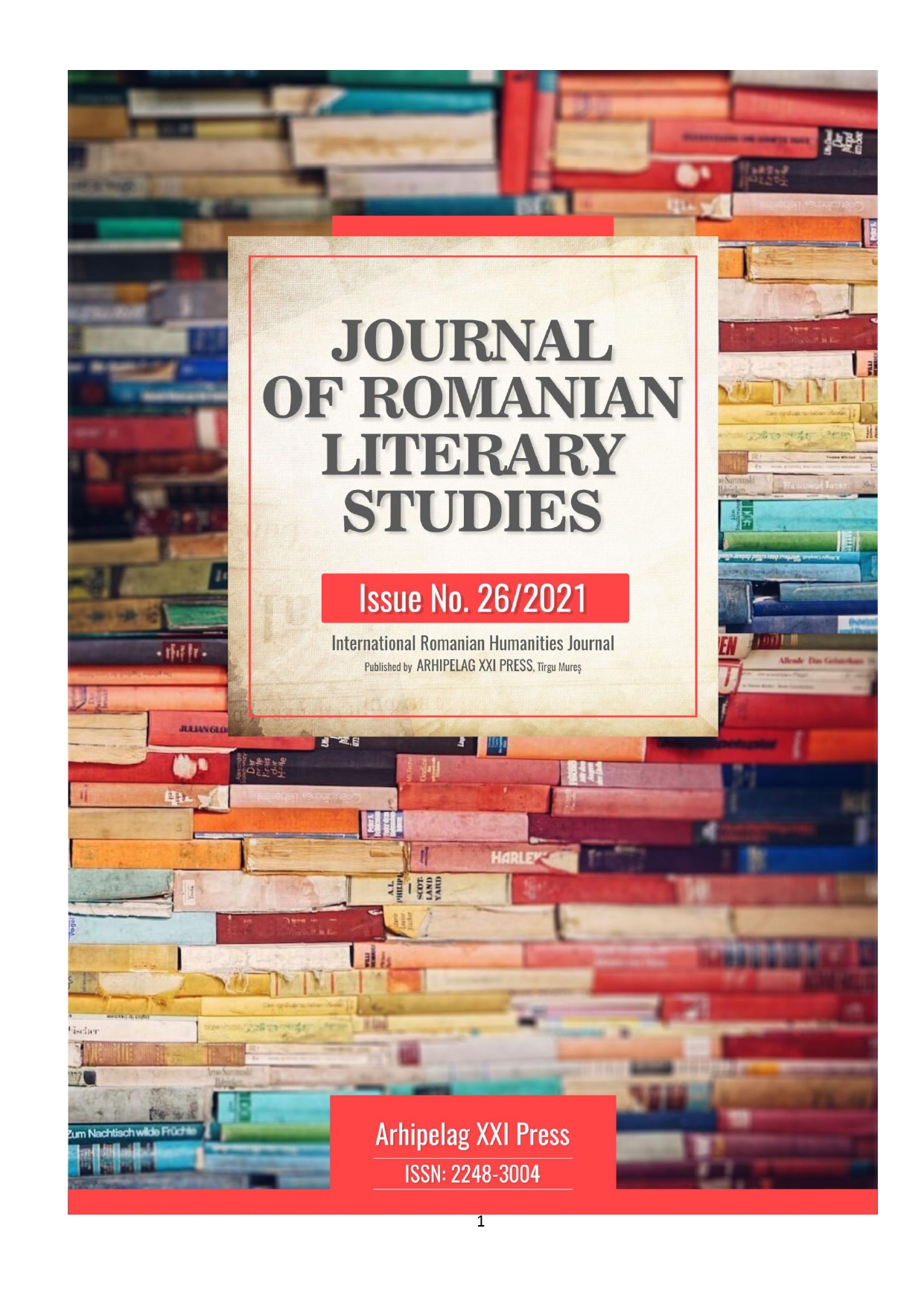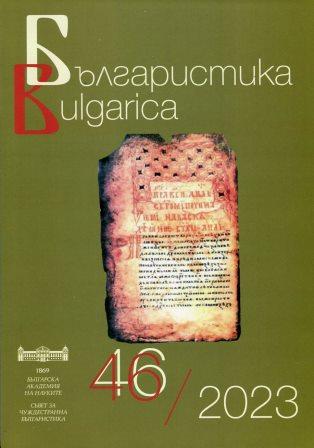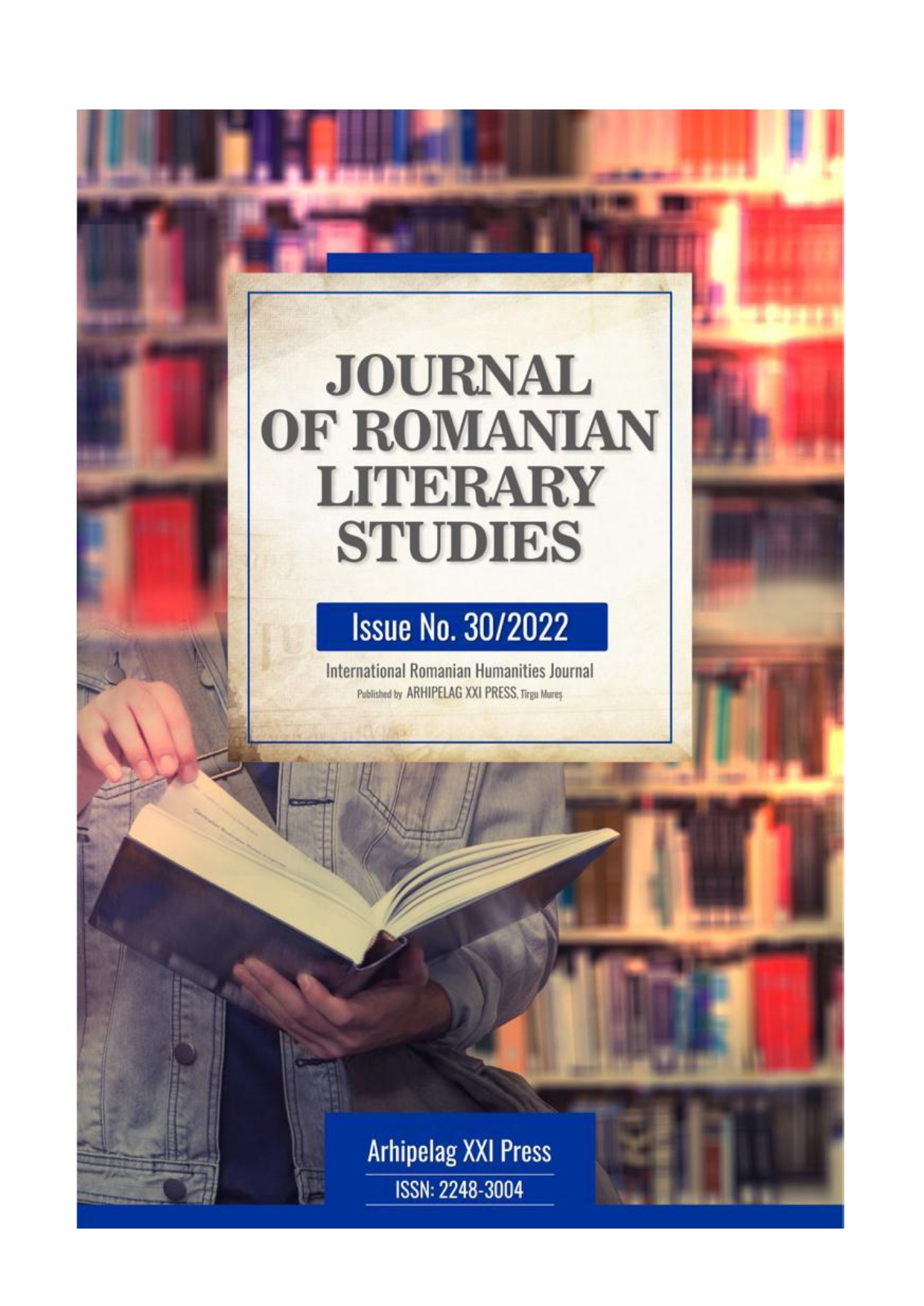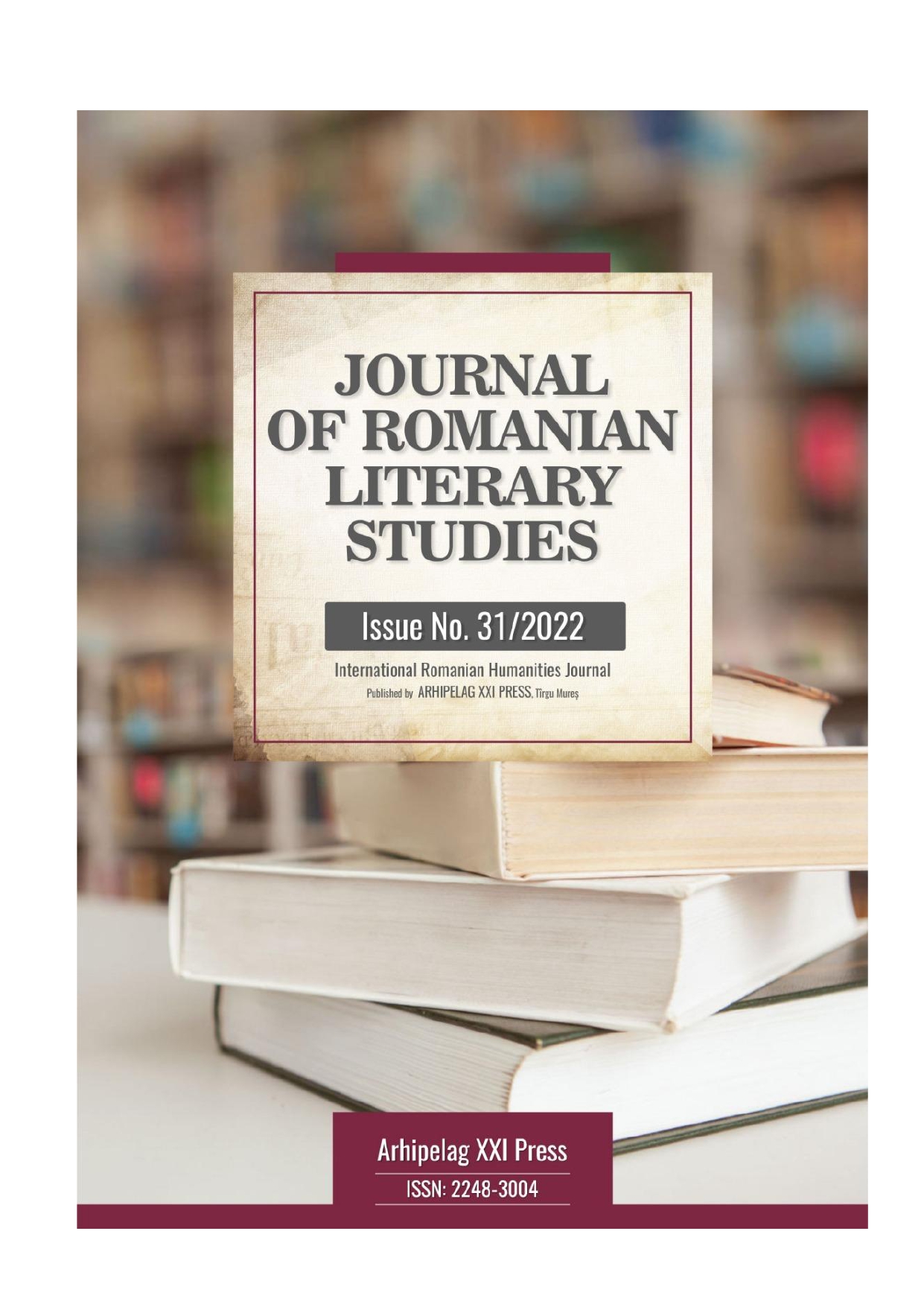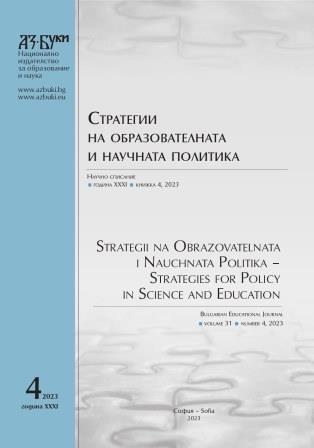Author(s): Nataliia Myroniuk / Language(s): Ukrainian
Issue: 1/2023
The purpose of research is to reveal the peculiarities of the national scientific discourse on the issue of the formation and development of the Department of Choreography at the Kyiv State Institute of Culture. Research methodology. The methods of analysis, comparison, systematisation, and generalisation were used for the research. Scientific novelty. For the first time, the degree of development of the problem of forming and developing of the artpedagogical school of the choreography department at the Kyiv State Institute of Culture in modern national scientific discourse was revealed. Conclusions. In recent years, the researchers have paid much attention to socio-cultural, artistic, scientific-methodical, organisational aspects of the problem of formation and the first steps of the art and pedagogical school of the department of choreography at the Kyiv State Institute of Culture. Most of the publications introduce new materials into scientific circulation, which is important for the reproduction of a reliable panorama of the development of both the department and choreographic culture as a whole. Currently, it is possible to state the existence of a lively scientific discourse, which shows tendencies towards expansion and deepening. Quite conventionally, scientific works that deal with various aspects of the artistic, pedagogical, and scientific activities of the Department of Choreography of KDIK can be divided into three groups. The first group includes the studies that comprehensively consider the activity of the department as a holistic phenomenon against the background of socio-cultural development (I. Hutnyk, N. MyronIuk, A. Pidlypska). The second group is represented by the publications specially devoted to the pedagogical and artistic activities of individual lecturers of the department (I. Hutnyk, O. Zhirov, L. Tsvetkova, T. Churpita). The third group consists of the works that describe the functioning of the department fragmentarily in the context of multi-faceted research (T. Blahova and others). Modern scientific view of considering the activity of the department as an art-pedagogical school is used in a limited way, but it is promising for the comprehensive disclosure of the role of the department in the development of choreographic culture of Ukraine.
More...
